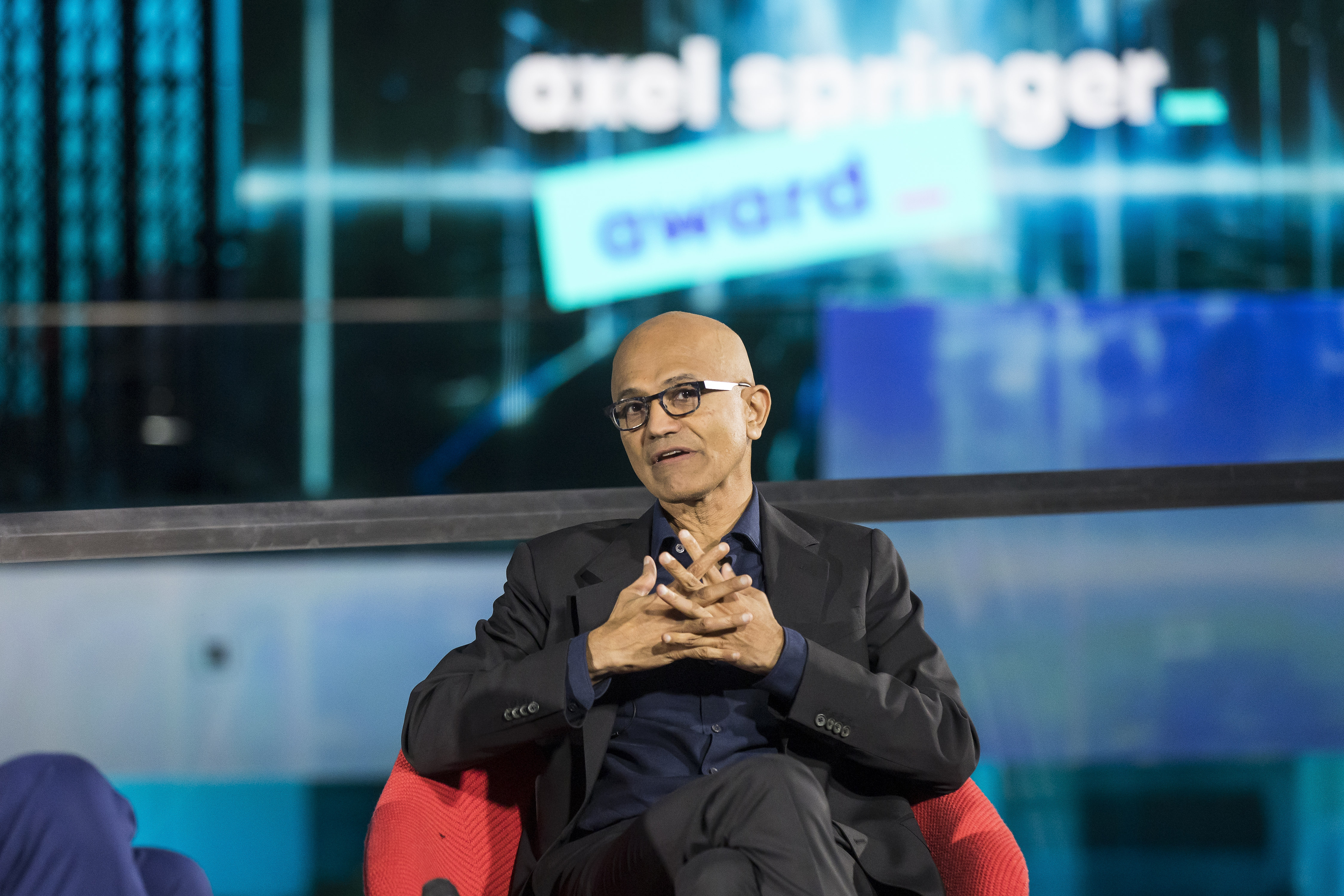Perplexity AI, a startup that just raised $73.6 million from Nvidia and Databricks, wants to take on Google's search engine dominance
Perplexity AI looks to position itself as a challenger to Google in the search industry, but despite rapid growth in 2023 the odds could be stacked against it
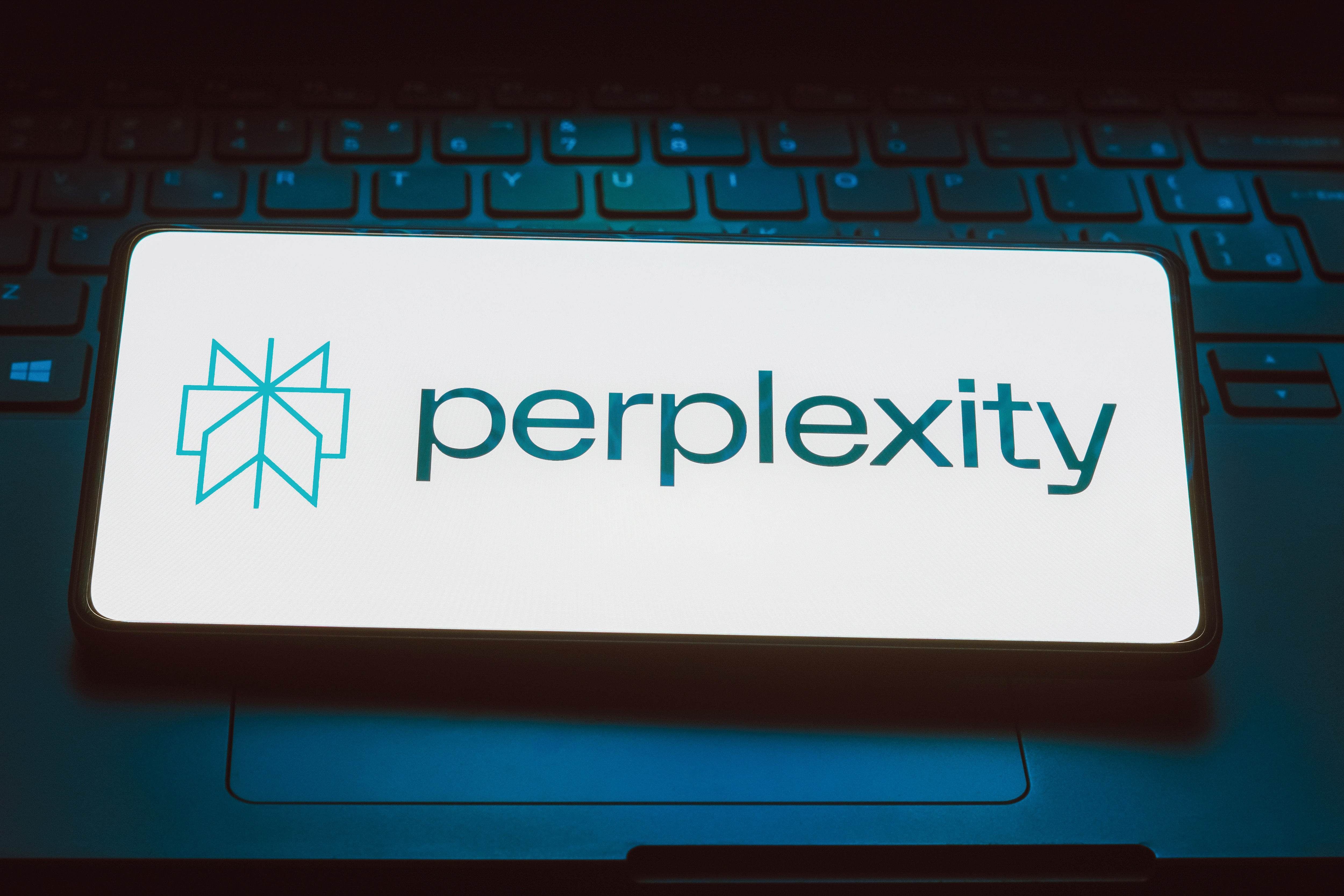

US startup Perplexity AI hopes to take on Google’s dominance in the search engine space following a $73.6 million investment round that saw industry heavyweights such as Nvidia and Databricks pledge their support.
Launched in August 2022, the firm is now valued at over $520 million in the wake of the funding round, which builds on a $25.6 million Series A in March 2023. The investment round was led by IVP with additional support from Databricks Ventures, Nvidia, and notably, Amazon founder Jeff Bezos.
In an announcement post, CEO and co-founder Aravind Srinivas shed light on the company’s core vision, which appears to be aimed at positioning itself as a leading stakeholder in what he described as a “new era of AI-native search”.
The firm’s platform provides users with a chatbot-style search experience that enables them to input natural language queries and receive detailed information on specific topics, similar to other chatbots such as ChatGPT.
It also has a ‘Copilot’ feature that allows users to ask follow-up questions and receive “more relevant and comprehensive answers” compared to other AI chatbots, the firm said.
“With Perplexity’s search tools, users get instant, reliable answers to any question with complete sources and citations included. There is no need to click on different links, compare answers, or endlessly dig for information,” Srinivas said.
“The times of sifting through SEO spam, sponsored links, and multiple web pages will be replaced by a much more efficient way to consume and share information, propelling our society into a new era of accelerated learning and research.”
Get the ITPro daily newsletter
Sign up today and you will receive a free copy of our Future Focus 2025 report - the leading guidance on AI, cybersecurity and other IT challenges as per 700+ senior executives
Perplexity’s search tool draws on a wide range of generative AI models, the company revealed, rather than through a single monolithic LLM akin to the style of Google or Bing’s AI-powered search functions.
Perplexity AI users can switch models as part of its paid ‘Pro’ plan, providing access to Google Gemini, Anthropic’s Claude model, and OpenAI’s GPT-4.
Can Perplexity AI seriously hope to take on Google?
Srinivas seems confident the company can capitalize on recent growth, mount a challenge against Google, and shake up the global search space.
Since its launch in August 2022, the company has grown to 10 million monthly active users and served over half a billion queries in 2023, he noted.
“More than a million people have installed our mobile apple, both on iOS and Android,” Srinivas added. “But our ambition is to serve the entire planet’s unbounded curiosity, and we’re just getting started.”
Putting so much as a dent in Google’s dominance in the search space will be a tough task, however. At present, the tech giant commands a 90% share of the industry, and it shows no signs of loosening its grip.
Microsoft’s Bing search engine holds a market share of just 3.38% despite major efforts in recent years to overturn Google’s stranglehold.
The advent of ChatGPT appeared to offer somewhat of a silver bullet for Microsoft during the dawning of the generative AI boom in early 2023.
RELATED RESOURCE

The enterprise’s guide for Generative AI
Ensure your business makes the most of the opportunities GenAI offers
DOWNLOAD NOW
In January, the tech giant unveiled plans to integrate ChatGPT within Bing Search in a bid to provide users with a more “conversational” experience that offered additional insight or deeper context compared to a traditional search engine.
CEO Satya Nadella spoke optimistically in February about the potential for an AI-powered Bing experience to ‘dethrone’ Google, but thus far it has failed to do so.
Google, meanwhile, hasn’t been idle in this space over the last year. The tech giant’s Bard model has also been integrated within its own search engine.

Ross Kelly is ITPro's News & Analysis Editor, responsible for leading the brand's news output and in-depth reporting on the latest stories from across the business technology landscape. Ross was previously a Staff Writer, during which time he developed a keen interest in cyber security, business leadership, and emerging technologies.
He graduated from Edinburgh Napier University in 2016 with a BA (Hons) in Journalism, and joined ITPro in 2022 after four years working in technology conference research.
For news pitches, you can contact Ross at ross.kelly@futurenet.com, or on Twitter and LinkedIn.
-
 Bigger salaries, more burnout: Is the CISO role in crisis?
Bigger salaries, more burnout: Is the CISO role in crisis?In-depth CISOs are more stressed than ever before – but why is this and what can be done?
By Kate O'Flaherty Published
-
 Cheap cyber crime kits can be bought on the dark web for less than $25
Cheap cyber crime kits can be bought on the dark web for less than $25News Research from NordVPN shows phishing kits are now widely available on the dark web and via messaging apps like Telegram, and are often selling for less than $25.
By Emma Woollacott Published
-
 OpenAI woos UK government amid consultation on AI training and copyright
OpenAI woos UK government amid consultation on AI training and copyrightNews OpenAI is fighting back against the UK government's proposals on how to handle AI training and copyright.
By Emma Woollacott Published
-
 DeepSeek and Anthropic have a long way to go to catch ChatGPT: OpenAI's flagship chatbot is still far and away the most popular AI tool in offices globally
DeepSeek and Anthropic have a long way to go to catch ChatGPT: OpenAI's flagship chatbot is still far and away the most popular AI tool in offices globallyNews ChatGPT remains the most popular AI tool among office workers globally, research shows, despite a rising number of competitor options available to users.
By Ross Kelly Published
-
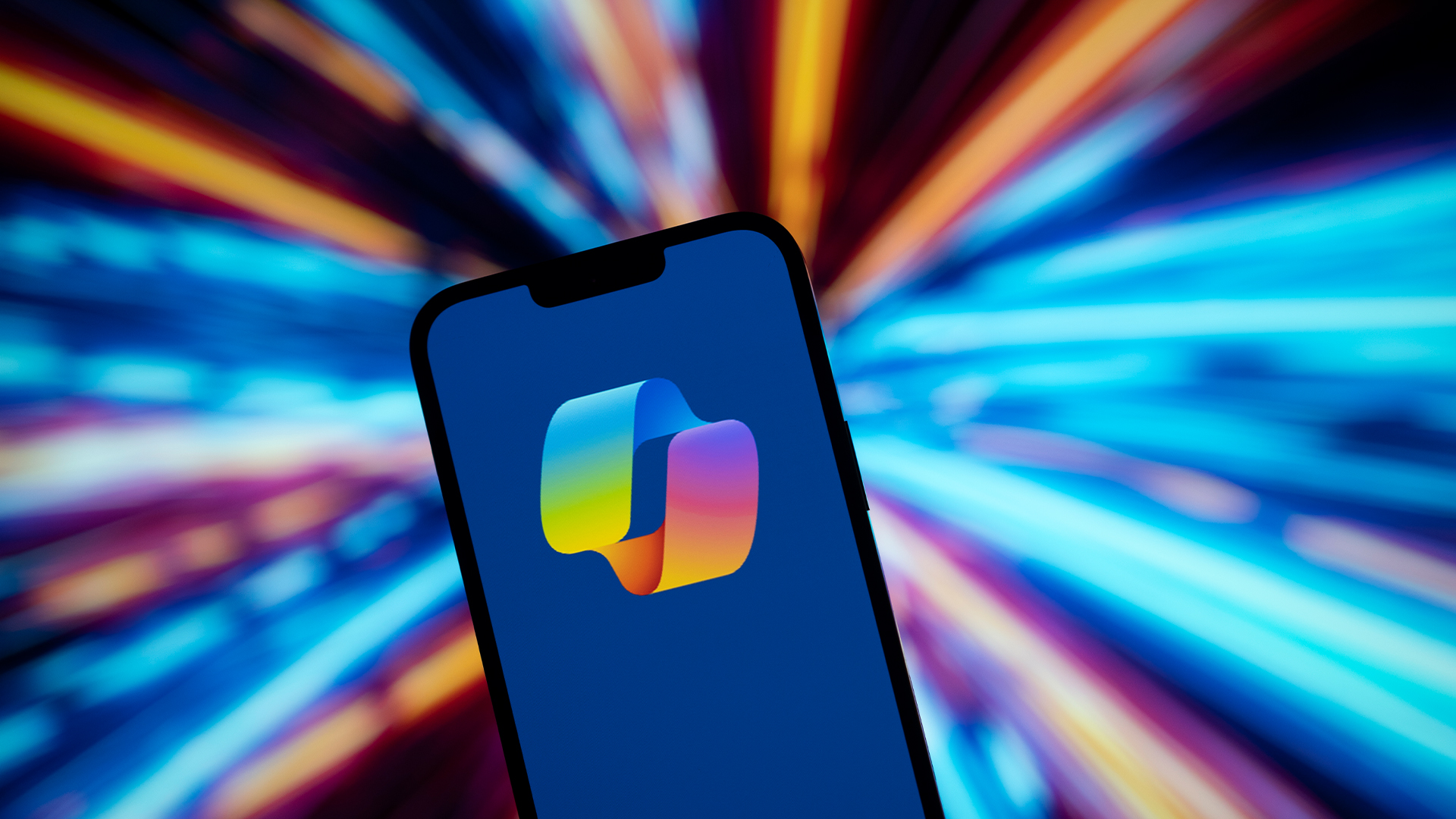 Microsoft launches new security AI agents to help overworked cyber professionals
Microsoft launches new security AI agents to help overworked cyber professionalsNews Microsoft is expanding its Security Copilot service with new AI agents to help overworked IT teams deal with surging security threats.
By Bobby Hellard Published
-
 ‘DIY’ agent platforms are big tech’s latest gambit to drive AI adoption
‘DIY’ agent platforms are big tech’s latest gambit to drive AI adoptionAnalysis The rise of 'DIY' agentic AI development platforms could enable big tech providers to drive AI adoption rates.
By George Fitzmaurice Published
-
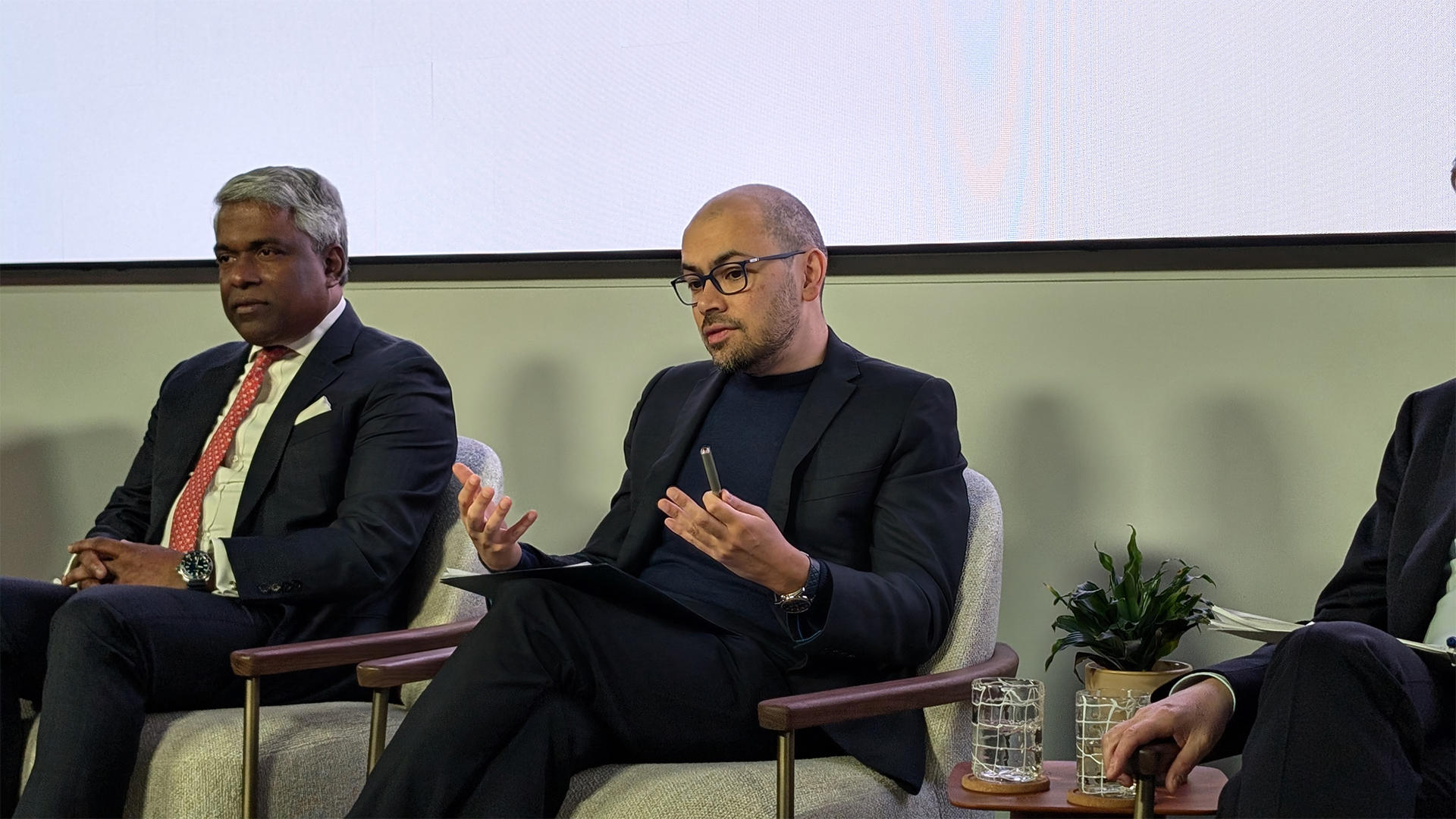 Google DeepMind’s Demis Hassabis says AI isn’t a ‘silver bullet’ – but within five to ten years its benefits will be undeniable
Google DeepMind’s Demis Hassabis says AI isn’t a ‘silver bullet’ – but within five to ten years its benefits will be undeniableNews Demis Hassabis, CEO at Google DeepMind and one of the UK’s most prominent voices on AI, says AI will bring exciting developments in the coming year.
By Rory Bathgate Published
-
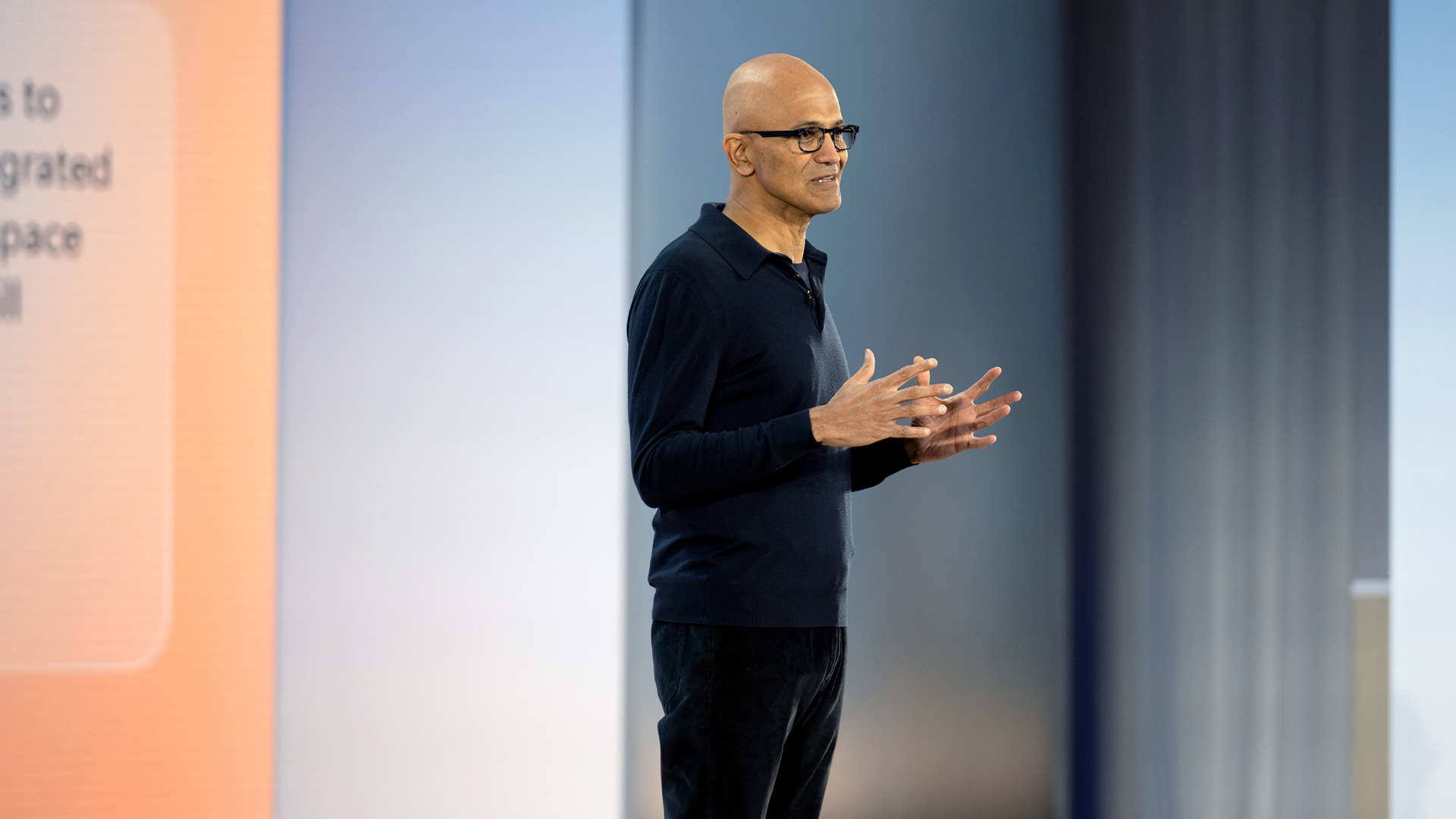 ‘The entire forecasting business process changed’: Microsoft CEO Satya Nadella says Excel changed the game for enterprises in 1985 – he’s confident AI tools will do the same
‘The entire forecasting business process changed’: Microsoft CEO Satya Nadella says Excel changed the game for enterprises in 1985 – he’s confident AI tools will do the sameNews The Microsoft CEO says we need to change how we measure the value of AI
By George Fitzmaurice Published
-
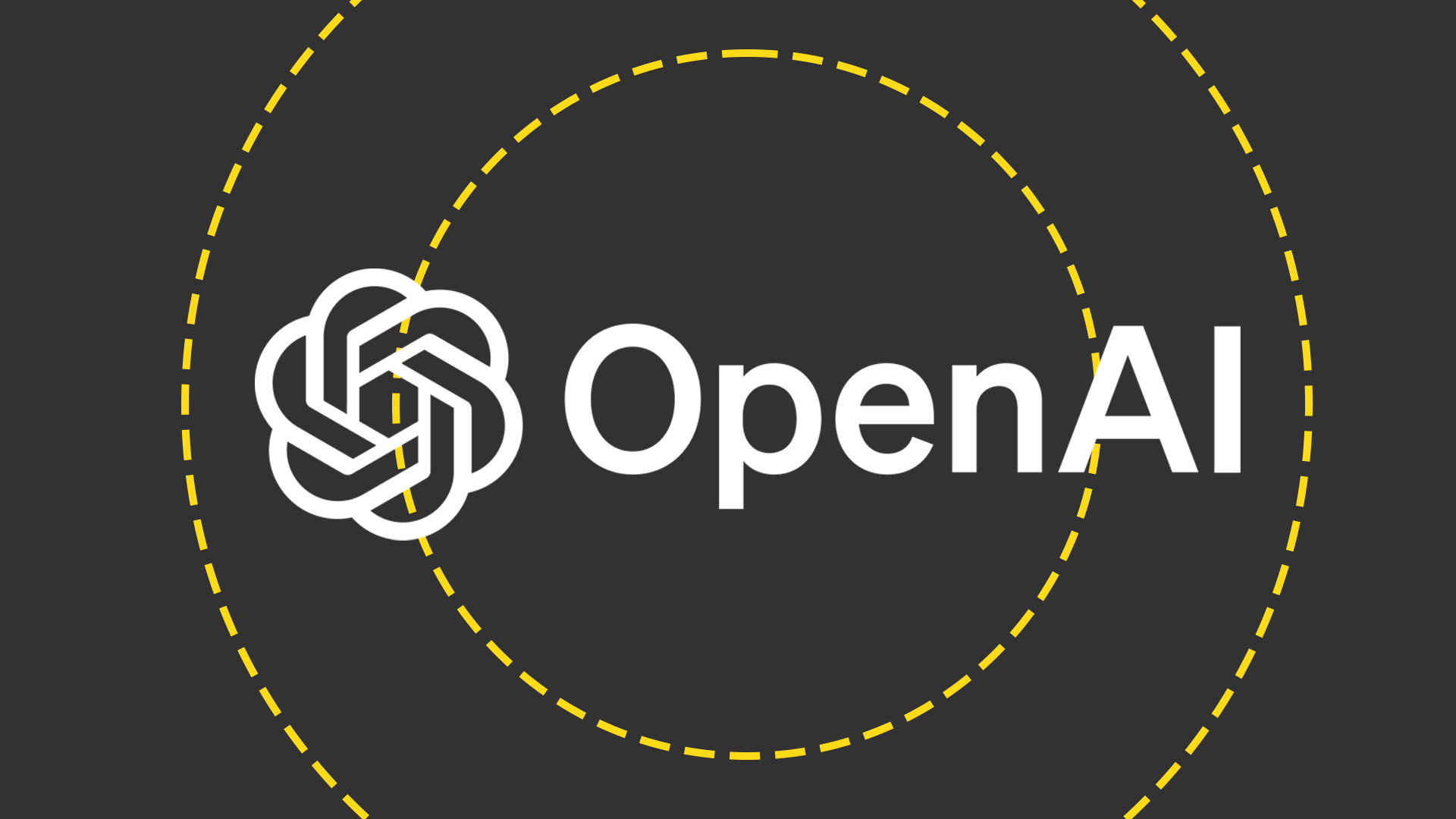 OpenAI wants to simplify how developers build AI agents
OpenAI wants to simplify how developers build AI agentsNews OpenAI is releasing a set of tools and APIs designed to simplify agentic AI development in enterprises, the firm has revealed.
By George Fitzmaurice Published
-
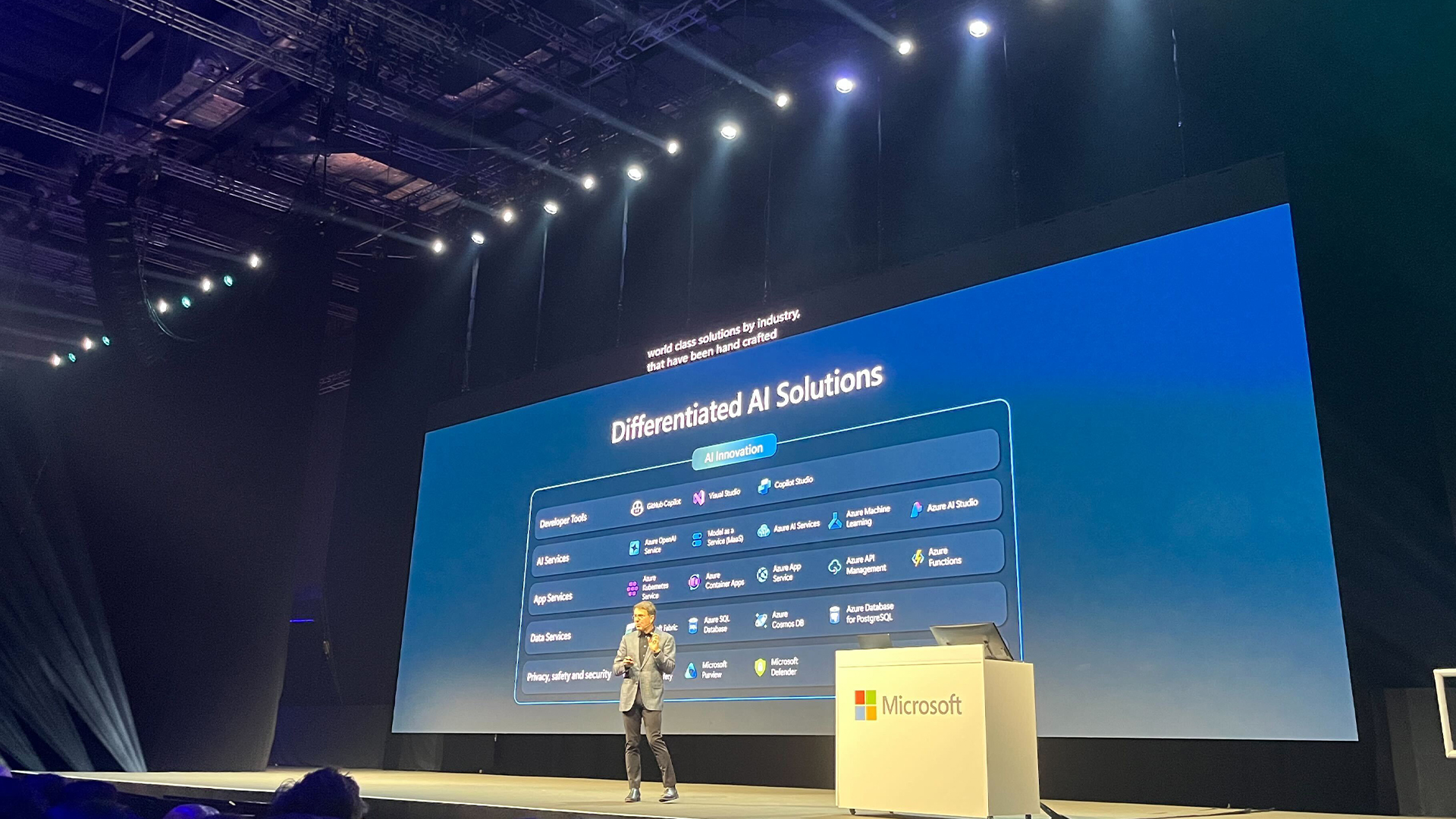 Microsoft exec touts benefits of AI productivity gains
Microsoft exec touts benefits of AI productivity gainsNews Microsoft CCO Judson Althoff said the company is unlocking significant efficiency gains from AI tools internally.
By George Fitzmaurice Published

